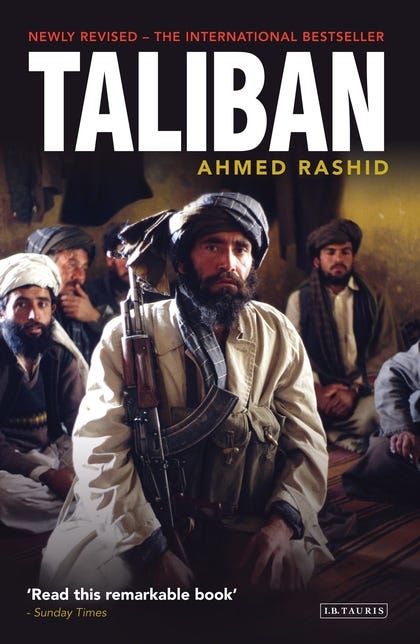Yesterday, I published a story on NBC THINK on Biden’s decision to stay in Afghanistan past the May 1 deadline but leave by September 11. I argue that this risks getting drawn back into a conflict that has mostly ended as far as American troops go, and if the occupation becomes more permanent it could hand Trump his signature issue in 2024. I consider Trump the heavy favorite to win the 2024 Republican nomination, for reasons I’ve written about on Twitter but may put into essay form soon.
The article actually feels a bit dated already, as it’s become increasingly clear that Biden’s September 11 deadline is not “conditions based.” The pro-war crowd is losing its mind, here are some op-eds from the Washington Post alone, indicating that official Washington believes this is it for their dreams of making Afghanistan into a liberal democracy or at least a permanent base of American occupation.
I’ll have more to say on the Afghanistan withdrawal later. For now, see some of my previous writing on the subject, including an article on why the Afghan government is not worth fighting for, and my Twitter threads on the Afghanistan papers, Ahmed Rashid’s Taliban, and a recent US government report on America’s quest to cure Pashto men of their toxic masculinity. The US attempts to build a liberal democracy in Afghanistan, and taking 20 years to realize that such a goal was impossible given the investments made and methods used, is emblematic of the flight from reality that has gripped American foreign policy since at least the end of the Cold War.
I highly recommend Rashid’s already mentioned book on the Taliban. It stops around 2000, so doesn’t cover the time since the start of the American invasion except in a postscript for the updated 2010 version. Nonetheless, it’s important historical background and doesn’t leave much room for optimism that the organization will moderate on the women’s issues that the west cares so much about if and when it comes back into power.
On a different note, this week on the CSPI Podcast I talked to John Mueller. I’m skeptical of international relations scholars who dismiss the importance of ideas, and agree with Pinker that the decline in war has to be understood mainly in such terms. Mueller takes it a step further, and refuses to acknowledge any role for technological developments in deciding which ideas ultimately triumph, a view I think goes too far. Regardless, we’re mostly in agreement on American foreign policy, at least the more militaristic aspects of it, being largely harmful since 1945. Our discussion includes talk of the importance of the First World War as a historical turning point, whether the Flynn Effect can explain the decline of war, the unique role of Adolf Hitler (spoiler: he was bad), and the difference between conflicts in which those committing the violence are losers (former Yugoslavia and Rwanda), and those where they are not (Afghan and Iraqi resistance to American occupation).

